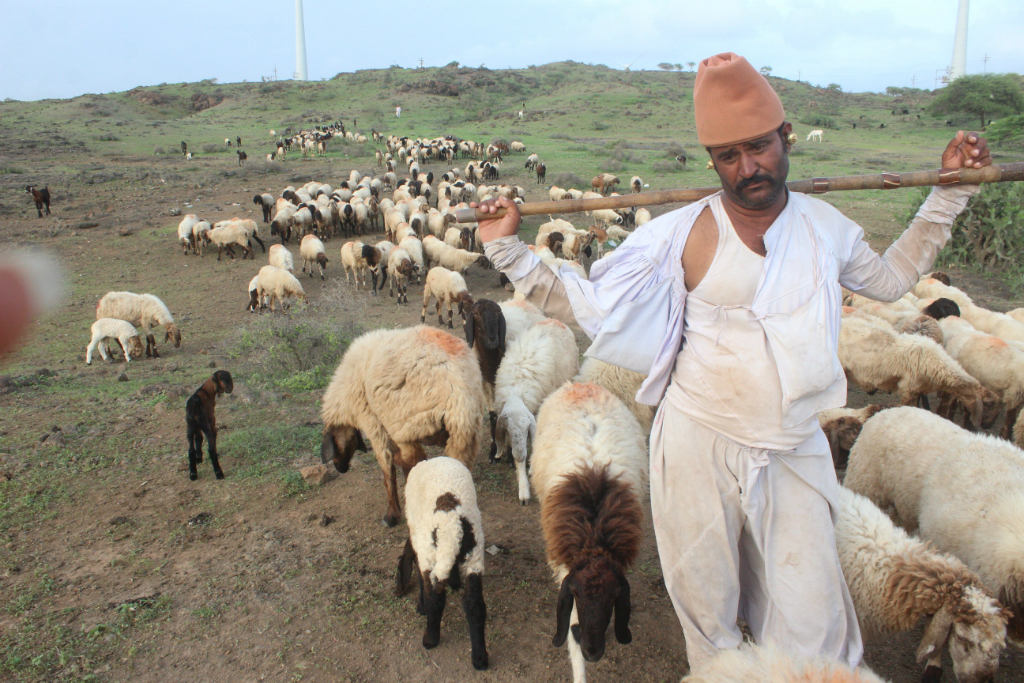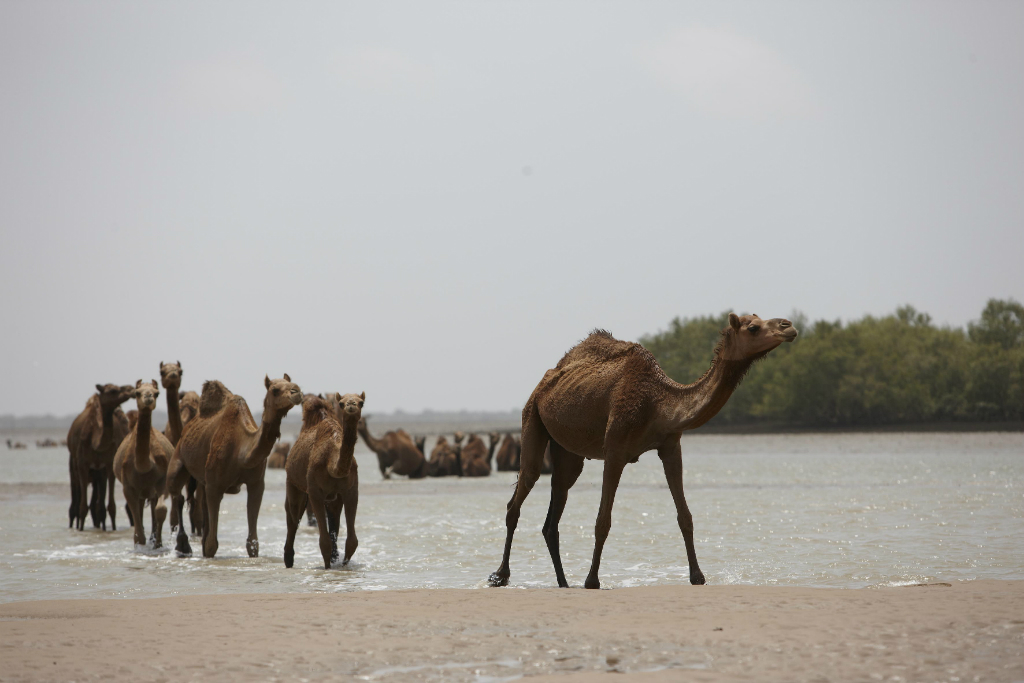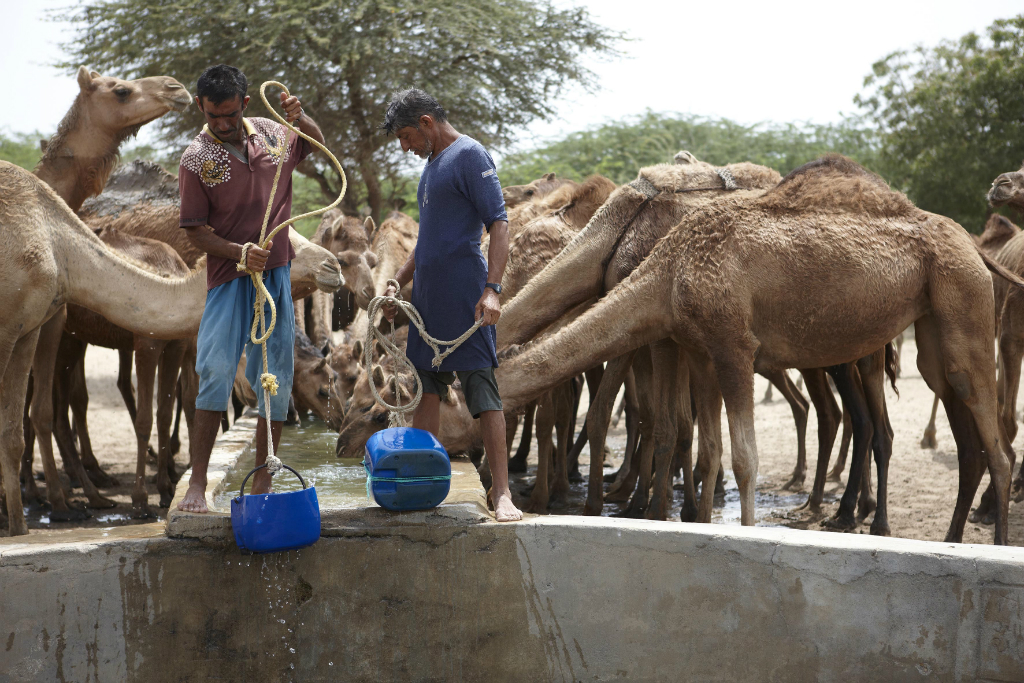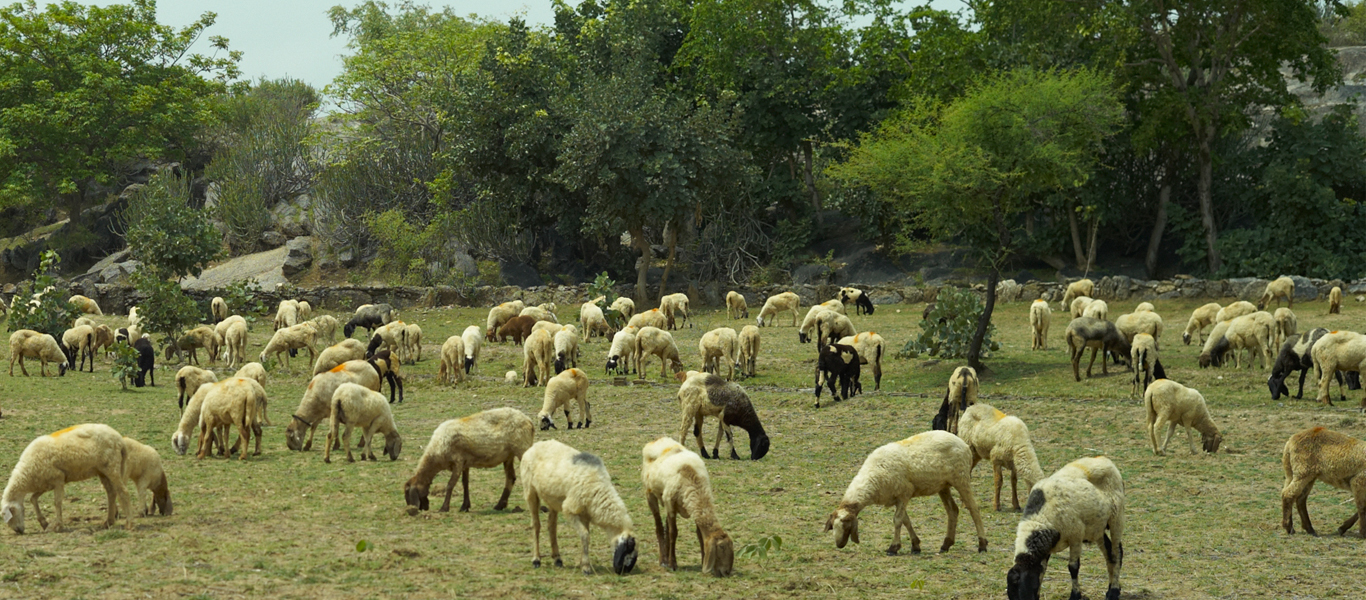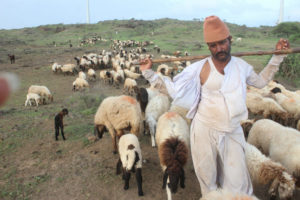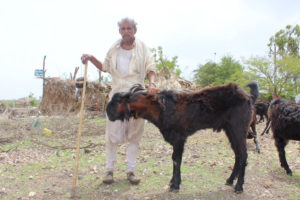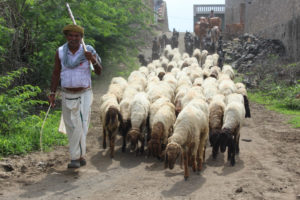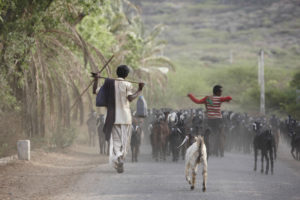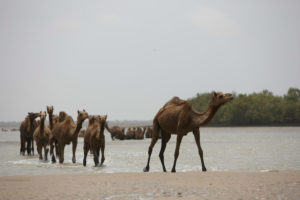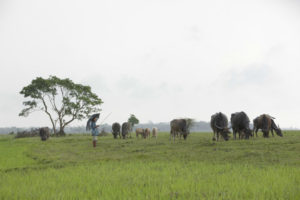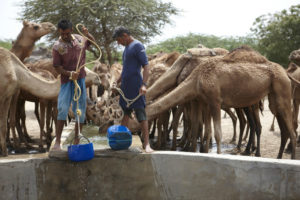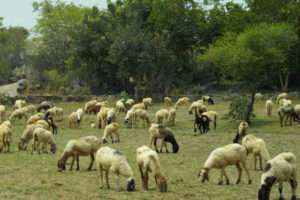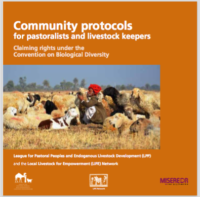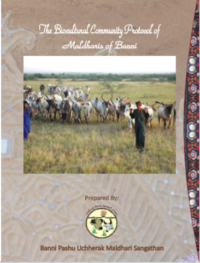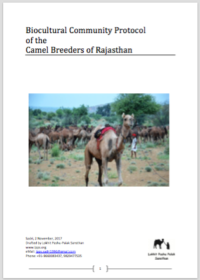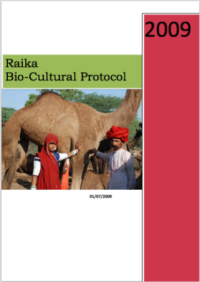Livestock Breed Conservation Through Biocultural Community Protocols
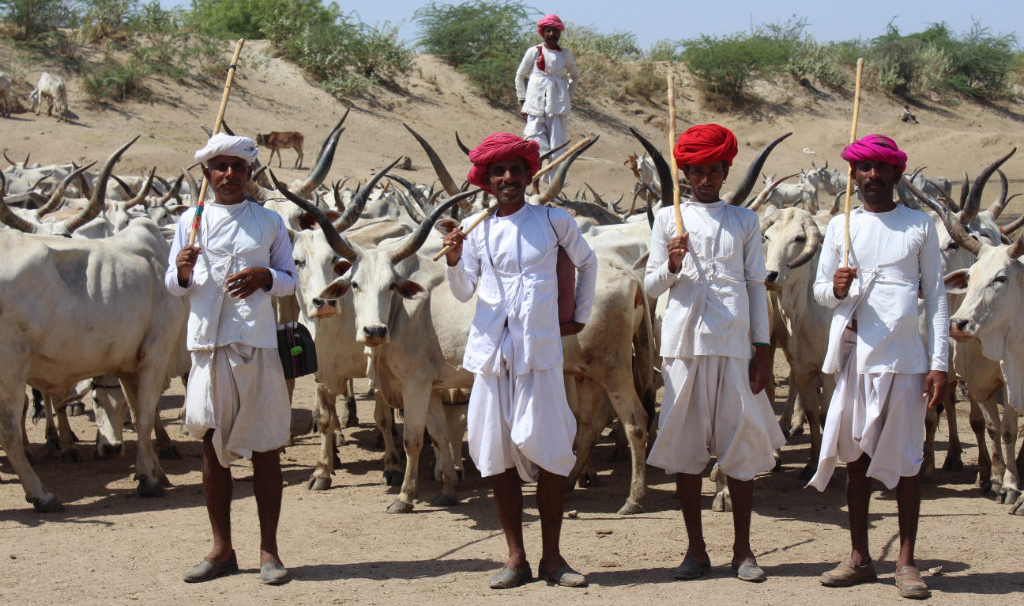
Biocultural Community Protocols
Biocultural Community Protocols (BCPs) are a tool developed in the context of the United Nations Convention on Biological Diversity (CBD). This legally binding international framework accords signatory nations certain responsibilities with respect to protecting the traditional knowledge and genetic resources of indigenous and local communities and obliges them to support in-situ conservation. BCPs were envisioned as the foundation for reaching equitable Access and Benefit-Sharing (ABS) agreements; they were designed to support communities that share their genetic resources and/or traditional knowledge with commercial operators. However, the larger value of BCPs for communities lies in claiming status as an indigenous or local community that stewards biological diversity.
Over the last few years, several pastoralist communities, with the support of NGOs, have developed BCPs to demonstrate their connection with distinct animal genetic resources (livestock breeds), to show-case and put on record their traditional knowledge and to claim customary rights over resources. The first BCP in India was developed by the Raika community in Rajasthan (facilitated by LPPS), then BCPs of the Banni buffalo breeders and Kutchi camel breeders (facilitated by Sahjeevan) and the Bargur Hill Cattle breeders (facilitated by SEVA) followed. Other livestock keeping communities that have developed BCPs are the Pashtoon in Pakistan and the Samburu in Kenya. Further BCPs are in progress, for instance by the Jaisalmer Camel Breeders.
Policy-makers and programmes have consistently overlooked traditional systems in favour of industrial-production systems using exotic and cross-breeds. The Rainfed Livestock Network believes it is time to create an enabling environment through the right policy frameworks that would strengthen livestock diversity and take into account the needs and priorities of poor livestock keepers, pastoral communities and their institutions. Strengthening the livestock information base; an area neglected in the past, is vital to make informed decisions on breed conservation and promotion.

